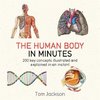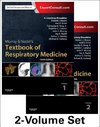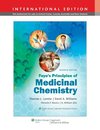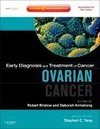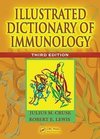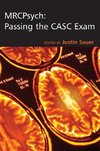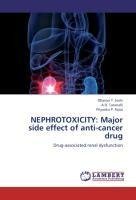
-
 Anglický jazyk
Anglický jazyk
NEPHROTOXICITY: Major side effect of anti-cancer drug
Autor: Dhairya Y. Joshi
Cisplatin (CDDP) is a major antineoplastic drug for the treatment of solid tumors such as metastatic bladder, testicular, and ovarian carcinomas. The drug can cause much toxicity, but the chief dose-limiting one is nephrotoxicity. Several, often interrelated... Viac o knihe
Na objednávku, dodanie 2-4 týždne
36.99 €
bežná cena: 41.10 €
O knihe
Cisplatin (CDDP) is a major antineoplastic drug for the treatment of solid tumors such as metastatic bladder, testicular, and ovarian carcinomas. The drug can cause much toxicity, but the chief dose-limiting one is nephrotoxicity. Several, often interrelated mechanisms of actions have been hypothesized to induce the nephrotoxicity. These include apoptosis and inflammatory mechanism, production of tumor necrosis factor (TNF)-a by renal parenchymal cells, and generation of reactive oxygen species (ROS) that include superoxide dismutase, hydrogen radical, hydrogen peroxide, singlet oxygen, and nitric oxide. These techniques have proved to be only partially successful as acute renal failure occurs even at such low doses and especially after its repeated administration. The nephrotoxicity of cisplatin has been recognized since its introduction over 25 years ago. Early clinical use of cisplatin saw dose-related cisplatin-induced acute renal failure in 14 to 100% of patients, with the incidence varying with the cumulative dose. Clinical data have shown that approximately one third of patients experience kidney injury in days after cisplatin treatment, with reduced glomerular filtration.
- Vydavateľstvo: LAP LAMBERT Academic Publishing
- Rok vydania: 2013
- Formát: Paperback
- Rozmer: 220 x 150 mm
- Jazyk: Anglický jazyk
- ISBN: 9783659384325
